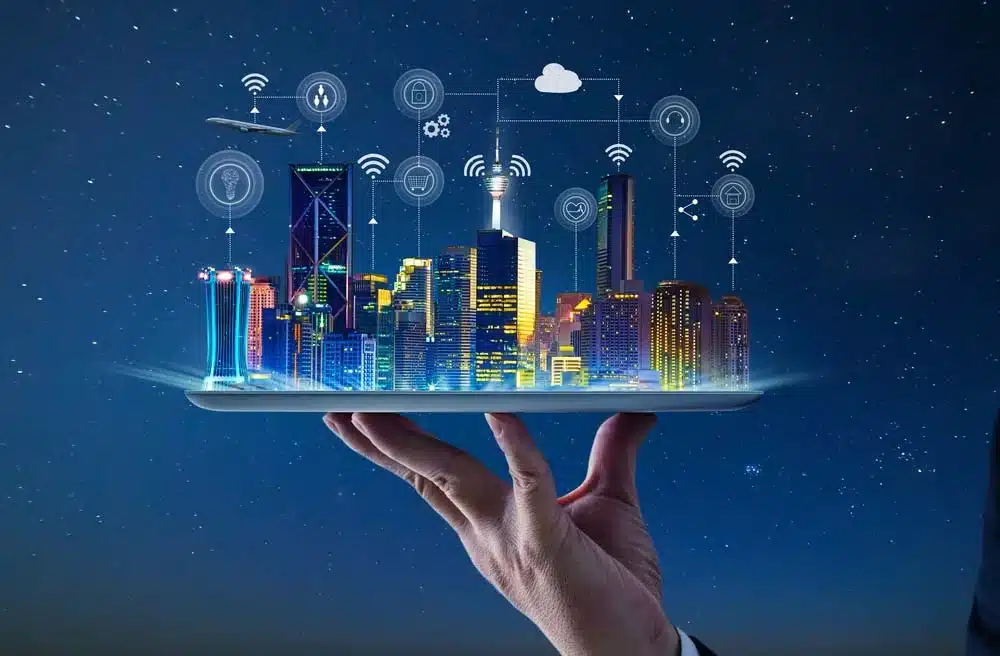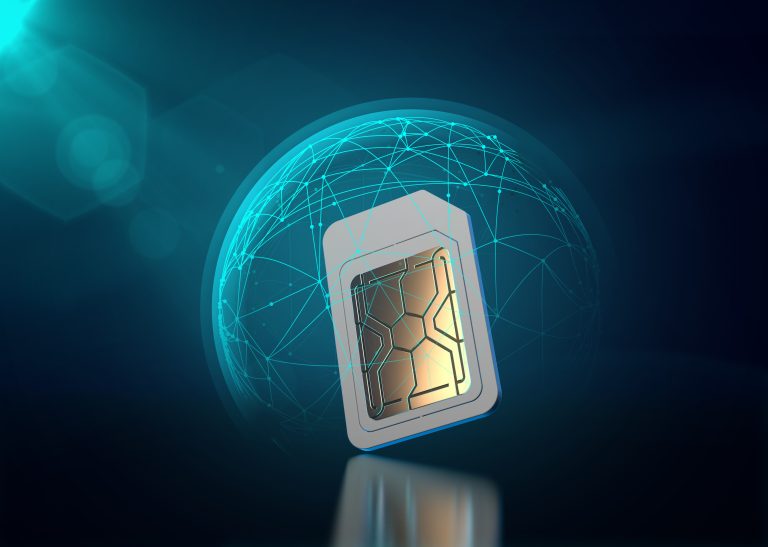What is a Smart City?
A smart city is an urban environment that leverages the power of several technological networks and devices together in order to make a city better connected and more efficient for citizens, businesses, and various industry. Powered by 5G capabilities allows the seamless integration of a wide range of connected devices which can be supported through shared data platforms.
As 5G infrastructure reaches its full potential, it has the possibility to revolutionise how smart cities operate, allowing even greater access and benefits to those living and working within them. In this blog post we’ll explore how 5G technology is enabling smart cities, how IoT works in smart city environments and some examples of practical applications.
What is the need for smart cities?
Urbanisation is a never-ending process. According to research published by the UN, cities already house 55% of the world’s population, with that figure anticipated to rise to 68% by 2050. Urbanisation will bring additional 2.5 billion people to cities over the next three decades as the global population grows.
To keep up with the fast development that is stressing our cities’ resources, environmental, social, and economic sustainability is required.
How 5G is impacting smart cities
Connectivity is incredibly beneficial for smart cities, providing the necessary infrastructure to power the vast array of Internet of Things (IoT) devices integral in collecting data. This connectivity allows IoT devices to be placed in their respective places within a city’s infrastructure to more accurately collect and analyse data which could help improve city operations such as energy consumption, transportation services, and public safety.
The introduction of 5G can go a long way in enabling smarter cities, 5G is revolutionising smart cities around the world, allowing them to take advantage of improved smart solutions that make cities both more efficient and liveable. 5G provides enhanced speeds and increased bandwidth capacity as well as low latency networks. This allows for smart city applications to take advantage of fast speeds and nimble connectivity for IoT devices. With multi-network capabilities, smart cities have the ability to have efficient communication between several different wireless networks. The growth potential of smart city applications enabled by 5G is enormous and harbours immense opportunity for urban areas around the world. By better understanding how 5G can be used in smart city environments, it becomes clear that there is limitless potential when it comes to the positive impact this technology can have on smart cities of all sizes.
IoT use cases in a smart city
IoT is a key component of smart city initiatives, with the continuous rollout of 5G technology offering several new use cases. Smart cities leverage IoT devices connected to 5G technology to monitor air pollution, traffic flows, water systems and energy efficiency – resulting in improved sustainability and citizen engagement. In addition, by leveraging cloud-computing technology via 5G-enabled networks, city administrators can gain real-time insights into how citizens interact with their environment and then adjust accordingly. Through better management of resources, intelligent use of technology and civic engagement opportunities, cities can become more efficient and responsive to changes in their communities.
Traffic Management
Smart Cities have started using connected IoT technology to control traffic flow around the city by altering the time the green light stays on depending on how congested the roads are.
Smart lights
A large amount of lighting equipment is installed throughout the city and consumes a large amount of energy, with the assistance of IoT sensors smart lights will adjust their brightness when they are being used or not. helping to improve the efficiency and reduce energy usage and costs.
Water Level Monitoring
Connected IoT sensors can monitor water levels in towns that are a flood risk and will transmit the readings to the end user helping to prevent flooding.
Conclusions and Final Thoughts on the Impact of 5G for Smart Cities
As connectivity continues to evolve across cities around the world, it will open up greater opportunities for smart city technologies that address a variety of emerging challenges such as sustainability initiatives, urban mobility systems and improvements in public safety. If you have any solution that requires connectivity, use the contact button below and one of our team members will be with you shortly!



